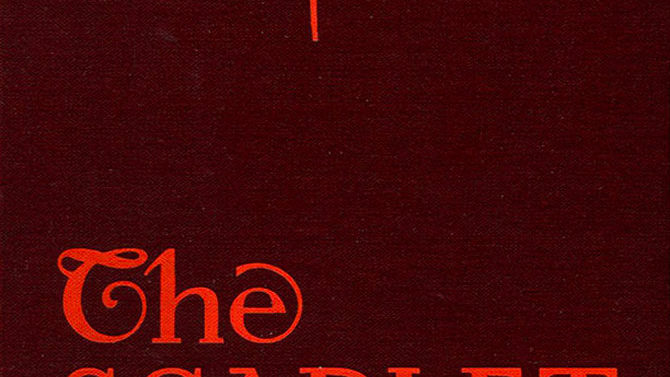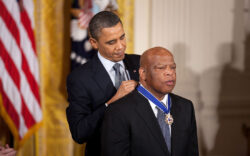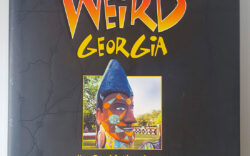Reading is both a blessing and an escape at any time, but especially during these times of pandemic and uncertainty. Thomas Jefferson spoke for all bibliophiles when he said that he could not live without books. At a time when libraries and bookstores are closed, though hair salons, gun shops, tattoo parlors and bowling alleys are open for business, the printed word in the form of books, newspapers and magazines still provides a ticket to magical realms of the heart and mind. Never in our lifetimes has reading the printed word been so necessary to this nation’s readers and so needed by this nation’s leaders.
Many readers during these plague times quite naturally prefer to read fact or fiction that takes their minds off the constant coronavirus commentary emanating from the television screen each day and night. Others take the opposite tack, finding relevance to the COVID-19 crisis in books and stories from the past, such as Edgar Allan Poe’s “The Masque of the Red Death,” a tale of terror about a deadly disease published in 1842. The short story opens with lines that resonate today: “The red death had long devastated the country. No pestilence had ever been so fatal, or so hideous. Blood was its Avatar and its seal—the madness and horror of blood.” Whoever falls victim to the disease is isolated “from the aid and from the sympathy of his fellow-men.” Wealthy people in Poe’s story try in vain to seal themselves off from the red death, but the plague kills both the rich and the poor, and finally, wrote Poe, “Darkness and decay and the Red Death held illimitable dominion over all.”
Jack London penned a prescient novella called The Scarlet Plague in 1910, eight years before the infamous Spanish flu epidemic would kill millions around the world. London died at 40 in 1916, but his words about the threat of pandemics still ring true: “All the world is topsy-turvy, and it has been topsy-turvy ever since the plague.” The story is set in the year 2073, when an old man is telling an almost feral group of children about his memories of the world that existed long ago, before the Scarlet Plague broke out around the globe in 2013, ending civilization and wiping out most of humankind. “The human race is doomed to sink farther and farther into the primitive night ere again it begins its bloody climb upward to civilization,” the old man laments.
In 1925 came the publication of Sinclair Lewis’s Arrowsmith, a novel about a young doctor who battles the medical establishment and “the commercialism of certain large pharmaceutical firms” as he tries to stop a plague that has ravaged the West Indies. In the book, Lewis worries that “the world was grimly certain to become so overcrowded, to become such a universal slave-packed shambles, that all beauty and ease and wisdom would disappear in a famine-driven scamper for existence.” Lewis, the son of a country doctor, was the first American to receive the Nobel Prize for literature, and Arrowsmith yet stands as a salute to the ideals of the medical profession, as exemplified in the prayer of the book’s scientist: “God grant me unclouded eyes and freedom from haste. God give me a quiet and relentless anger against all pretense and all pretentious work and all work left slack and unfinished… God give me the strength not to trust to God.”
Other writers took up the theme of disease and doom that Poe presaged. In 1941, Albert Camus started working on The Plague, a novel about the moral dilemmas posed by a disease outbreak in Algeria. In 1969, Knopf published Michael Crichton’s The Andromeda Strain, a sci-fi techno-thriller about a plague from outer space that threatens life on Earth. In 1978 came the publication of horror master Stephen King’s The Stand, in which a weaponized strain of influenza is accidentally released from a military biological lab. All those past works of fiction instruct today.
Reading can provide a balm for the mind and spirit during these times of fear and doubt. John Steinbeck was onto something when he said, “It is wonderful that even today, with all the competition of records, of radio, of television, of motion pictures, the book has kept its precious character.”
Like what you just read? Support Flagpole by making a donation today. Every dollar you give helps fund our ongoing mission to provide Athens with quality, independent journalism.










